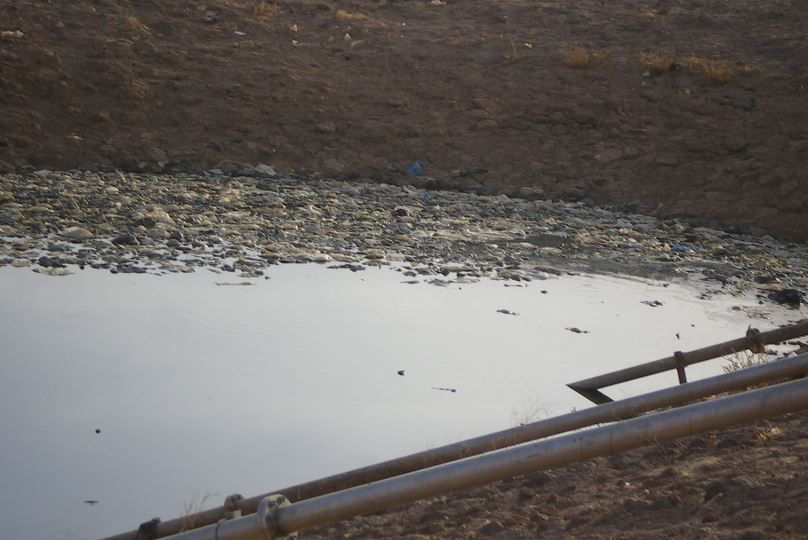Lets work together



Suite 3A, Chapel Allerton House, 114 Harrogate Road, Leeds, LS7 4NY
ukinfo@integrated-skills.com
+44 (0) 3300 888 670

Efforts continue in the UK to reach zero waste going to landfill. Once a distant dream, this goal is now becoming not only a reality, but a priority for many businesses. Our existing landfills are still producing leachate however, which can be a concern.
Leachate will accumulate in all types of landfills as the waste within them decomposes. In some landfills, that leachate can actually be highly toxic to many forms of aquatic life if it is discharged without having been treated or diluted properly beforehand. In addition, leachate needs to be responsibly removed and disposed of, lest it reach below-landfill ground level where it can seep into lakes, rivers, streams, ditches or nearby wells.
Thankfully, many environmental regulators have restricted the maximum depth of leachate within any landfill cell area to 1 metre above the site lining. However, there is much that can be done beyond this restriction to ensure the safety of the environment as well as the drinking water supply.
Steps to Proper Leachate Monitoring
There are several steps which can be taken to ensure that no excessive amounts of leachate are being produced.
Accumulation
The accumulation of leachate is the first thing to watch out for with all landfill types. Monitoring leachate accumulation is vital because it helps to avoid large leachate volumes, which are at high risk of seeping into wells and waterways. As well, the disposal of these large volumes of leachate can be difficult and costly to accomplish.
The key to the effective monitoring of leachate levels is to ensure there are several points around it where leachate levels can be measured. This can be accomplished with many methods, including the drilling of monitoring wells. Having these accessible areas around the perimeter of a landfill can ensure that useful data is always obtainable.
Monitoring Schedule
Next, it’s vital there is a schedule in place to ensure that leachate levels are measured on a regular basis. Each monitoring location or well should be accessed with a device for detecting leachate water levels, and this should be done regularly. Frequent monitoring of leachate levels in this way will ensure not only that numbers do not reach unmanageable levels, but also ensure that data about the landfill is being collected on a regular basis.
Data collected over time can provide a clear picture of how the decomposition of items in the landfill is progressing, as well as help staff figure out the rate at which leachate is being produced. This will allow operators to find more efficient ways to deal with leachate production and monitoring.
Experience is the best tool at any stage, but at this one in particular. The landfill’s designer, or operator or owner can get the expertise needed by communicating with those experienced in landfill design and engineering.
Constant Management
Hand in hand with frequent monitoring is constant management. Ensuring that the landfill is being constantly managed in terms of leachate levels is absolutely crucial. Without proper and constant management, leachate can damage groundwater, as well as cause serious, long-term and possibly irreversible harm to flora and fauna. For example, long-established fish populations can rapidly decline with the infiltration of leachate into waterways.
Another reason for constant management is to maintain the safety of drinking water. Should leachate enter the drinking water supply, it could render that water unsafe for human consumption, leaving possible thousands without drinkable water. As well, expensive and additional treatment of the water may be necessary in order to return it to its original state.
The leachate produced from modern landfills is typically many times stronger in terms of contamination potential than foul sewage. This alone makes proper monitoring, documenting and management absolutely critical for every site.
www.ukisl.com
Would you like to know more about Should You Be Concerned About Leachate From Landfills?? Fill in your details below and let us know how we can help.
Website Designed & Built by we are CODA